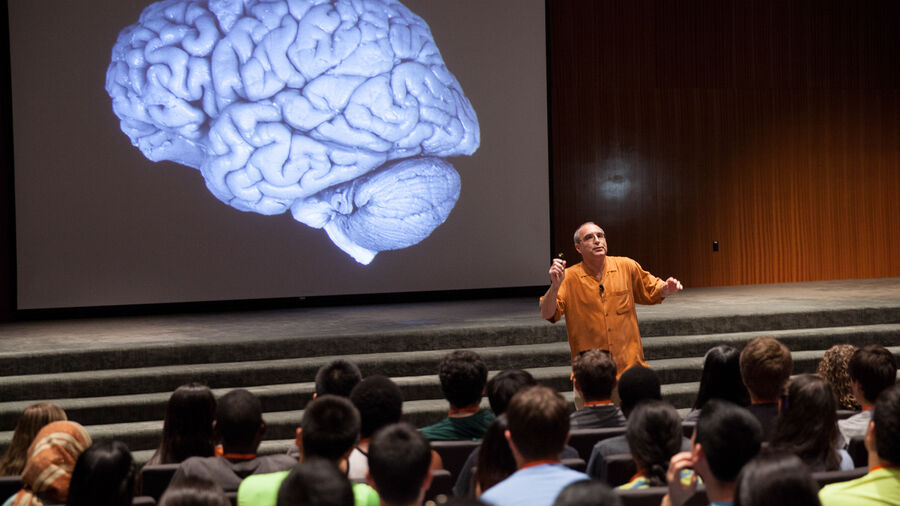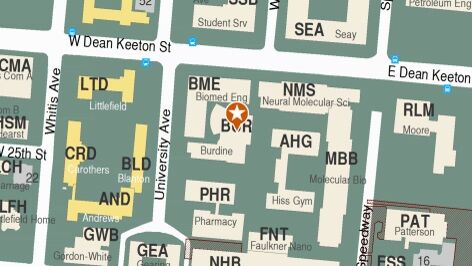Psychology
Major in the College of Liberal Arts

At the undergraduate level, the Department of Psychology provides students with a solid grounding in psychology by presenting historical and contemporary research on human and animal behavior.
Students learn to think creatively and critically about human behavior across gender, culture, and age, and to relate psychological principles to everyday living. Students are also trained in experimental design and statistics, enabling them to evaluate new research findings and communicate their findings in writing and in oral presentations. Currently, there are over 2,350 undergraduate psychology majors and double majors, with approximately 570 undergraduate psychology degrees awarded per year. The five most common career fields for recent graduates were business (23%), service (e.g. social work, 12%), health-related professions (e.g. medicine, 8%), education (6%), and law (4%). 64% of the respondents indicated they have pursued or are planning to pursue further education after their psychology undergraduate degree.
The American Psychological Association states that Psychology is "the study of the mind and behavior. The discipline embraces all aspects of the human experience - from the functions of the brain to the actions of nations, from child development to care for the aged. In every conceivable setting from scientific research centers to mental health care services, 'the understanding of behavior' is the enterprise of psychologists."
Freshman and External Transfer Admission
ShowProspective University of Texas at Austin students should visit UT Admissions to learn about the application process and how to declare a major.
Internal Transfer Requirements
ShowPsychology is a restricted major and students must attend an information session to apply.
Learn more about the admissions process.
Required Courses
ShowView Psychology (BA and BS) degree plans to learn more about required courses. Students may also view psychology courses descriptions.
Specializations
ShowThe Department of Psychology offers a Bachelor of Science (BS) and Bachelor of Arts (BA) degree. The Bachelor of Arts is the larger of our two degree programs and is appropriate for most areas of psychology at the graduate level as well as careers in business and law.
The Bachelor of Science degree is designed for those students who are interested in pursuing medicine or some of the more biologically oriented areas of psychology such as behavioral neuroscience.
Students may also look into research opportunities and Psychology Departmental Honors Program.
Skills
ShowStudents who major in psychology tend to hone their critical thinking skills, learn statistics and research methods, and gain experience in empirical research. There are many opportunities to enhance the psychology degree through research, student organizations, the Honors program, etc.
